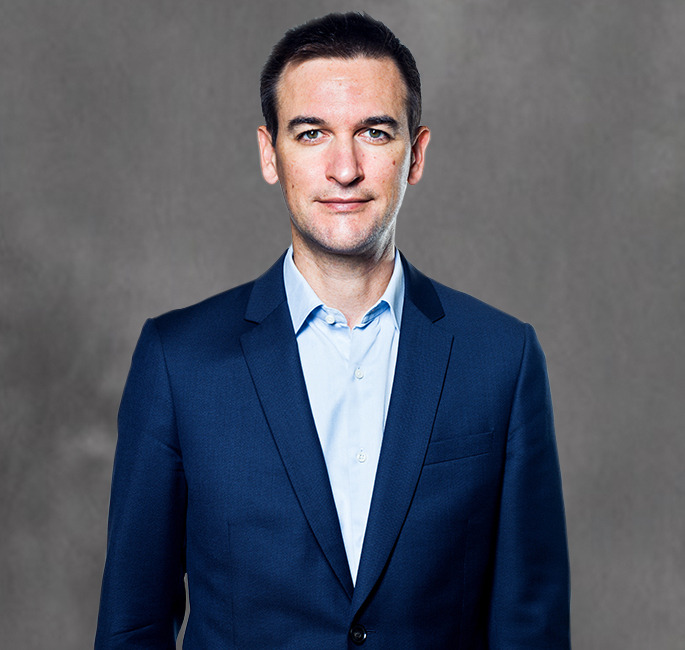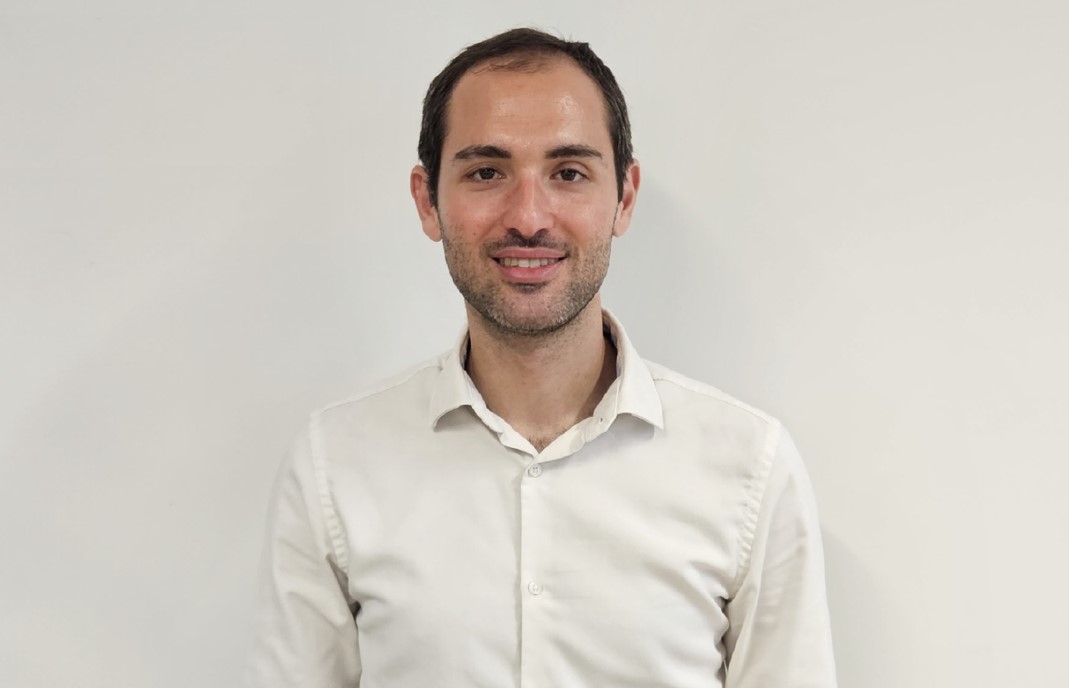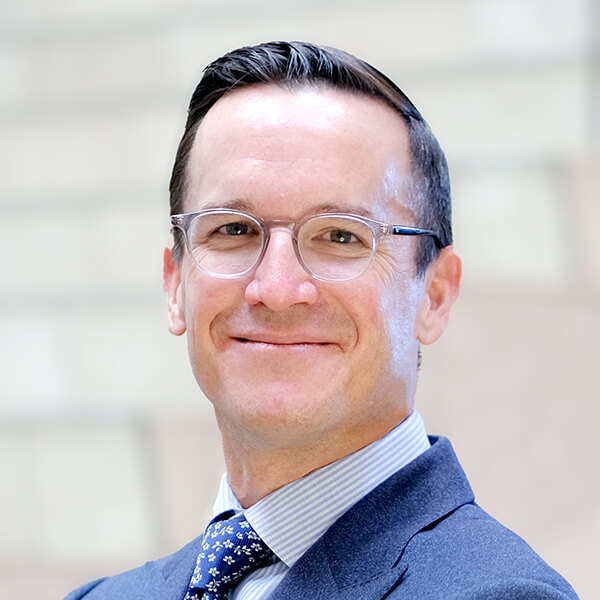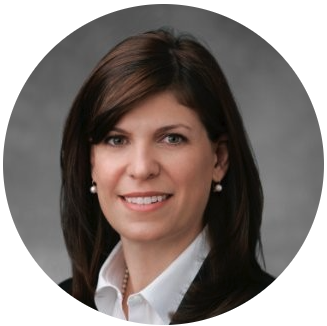Advisors’ Front-Office Technology Is Here to Stay
| For Marcelo Soba | 0 Comentarios

Driven by the need to facilitate a digital work environment, advisor use of front-office technology has evolved significantly over the past three years. New research from Cerulli, State of U.S. Wealth Management Technology 2023, finds front-office technology has made a lasting impact on both client satisfaction and advisor productivity.
Between 2019 and 2022, the greatest rates of growth in advisor adoption occurred with technologies that facilitate a digital work environment, such as e-signature, client portals, and video conferencing, driven largely by the needs imposed by the pandemic.
Advisors tell Cerulli that these technologies were critical to their ability to operate effectively during the pandemic, but that the benefits experienced go well beyond that. Thus, many patterns of technology use that emerged during the pandemic are likely to continue into the post-pandemic world.
The technologies that are most frequently cited as positively impacting the client experience include e-signature (77%), video conferencing (75%), and client portal (64%). Likewise, the technologies that are most frequently cited as positively impacting advisor productivity include video conferencing (75%), e-signature (73%), and CRM (70%).
“This data aligns with the many conversations Cerulli has had with financial advisors who share how e-signature technology has drastically reduced the time and effort required for clients to open accounts, and create linkages between accounts, for example, obviating the need for papering and re-papering of accounts,” says Michael Rose, associate director.
The same applies to virtual meetings, which were rare prior to the pandemic, and are now often a preferred meeting option for clients and advisors. “The precipitous rise in advisors’ use of these applications over the last three years underscores the importance of creative, outside-the-box thinking when it comes to the ways in which they do business altogether,” he says.
Overall, the ways in which advisors source technology varies between affiliation models. For instance, 88% of advisor practices affiliated with captive broker/dealers (B/Ds) source their suite of technology from their home offices with relatively little control over product selection. Independent registered investment advisors (RIAs) represent the other end of the spectrum, with 50% building custom technology stacks sourced entirely from third parties.
“The diverse ways in which advisor practices source their technology are testament to the varying approaches for operating a wealth management practice in the modern day,” concludes Rose.









